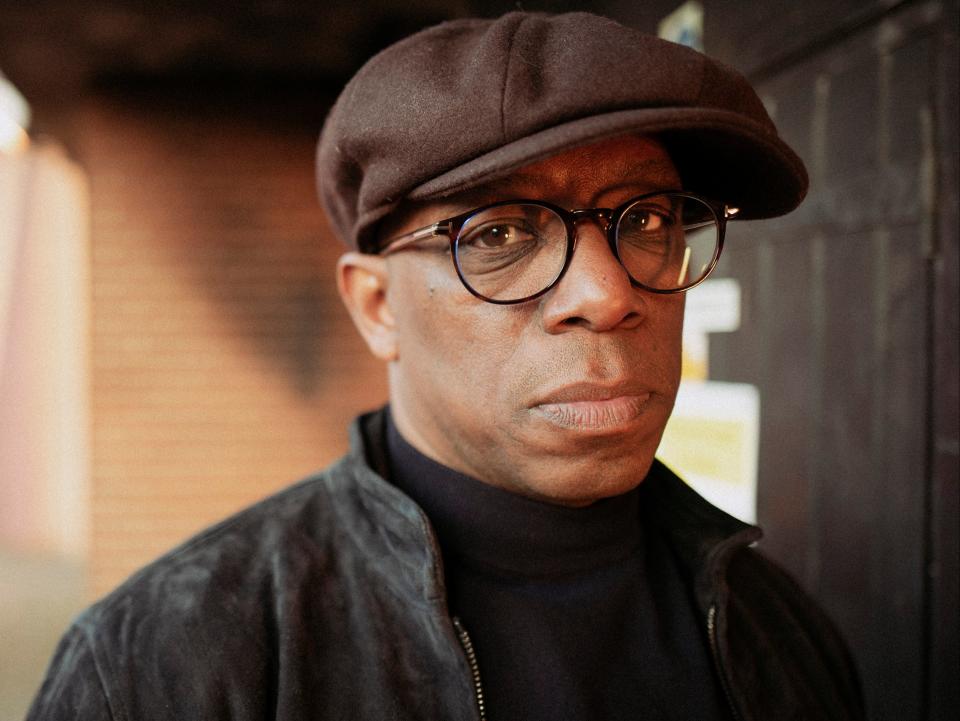Ian Wright: Home Truths review – Former footballer fronts an upsetting, personal study of domestic abuse

For Wright, school was a lifeboat
(BBC / Brook Lapping / Dan Dewsbury)Ian Wright’s very moving and very personal documentary is, on the face of it, about domestic abuse, a social evil that is only now starting to be treated with the seriousness it deserves. It is also a study in bravery, both of those who have been through the ordeal – including Wright himself – and of the abusers who have faced up to what they were doing to their families and themselves. Wright is on a journey of understanding, and it was impressive to see this serious, sombre side of him, given that we’re more used to seeing him with Gary Lineker, discussing the merits of the FA’s new rules on handball or the travails of Wright’s old team Arsenal.
Home Truths looks back through the years with sensitively done reconstructions, and it was especially upsetting to hear how the jolly Match of the Day theme once held such dread for Wright, when he was a child. Knowing full well Wright’s passion for the game even then, his father would force him to stand in the corner, face to the wall, when the show came on, as punishment for some misdemeanour, real or imagined. We hear from Wright’s older brother about how he would hold his ears so he couldn’t hear the horrible rows between their mum and dad. Wright himself talks, as if confessionally, about how his mother would visit her mental persecution upon him, saying how she wished she’d had him “terminated”. His mum is too frail to speak for herself in the film, which is understandable. At home now, surrounded by his own loving family, he wishes he had the same when he was a kid.
For Wright, school was a lifeboat, with inspirational teachers lifting him out of what must have been a depressing time and putting his feet on a ladder of opportunity, and escape, from a kind of emotional poverty. Teachers explain to Wright in the documentary how they sense far better now the tell-tale signs of domestic abuse, and feel the obligation to do something about it. We also hear from people across the land whose lives have been blighted by abuse. Among the most memorable is Wes, a self-confessed abuser of his partner, who talks about how one charity (the Hampton Trust in Southampton) is helping abusers to reform before it’s too late for themselves and those around them.
If there’s a criticism to be made of the film, it’s that it’s not political enough, given that domestic abuse is as much a challenge for public policy and resources as any other social issue, and political leaders do at least talk about it nowadays. On the other hand, it was surely tough enough for Wright to publicly come to terms with his own unhappy childhood, and to highlight the mental and physical violence still being dished out in this intergenerational cycle of abuse. The uncomfortable truth is that if Wright had ventured into the political aspects of domestic abuse and law-making, he’d simply be attacked anew on social media, a modern home for bullies and abusers.

 Yahoo Finance
Yahoo Finance 